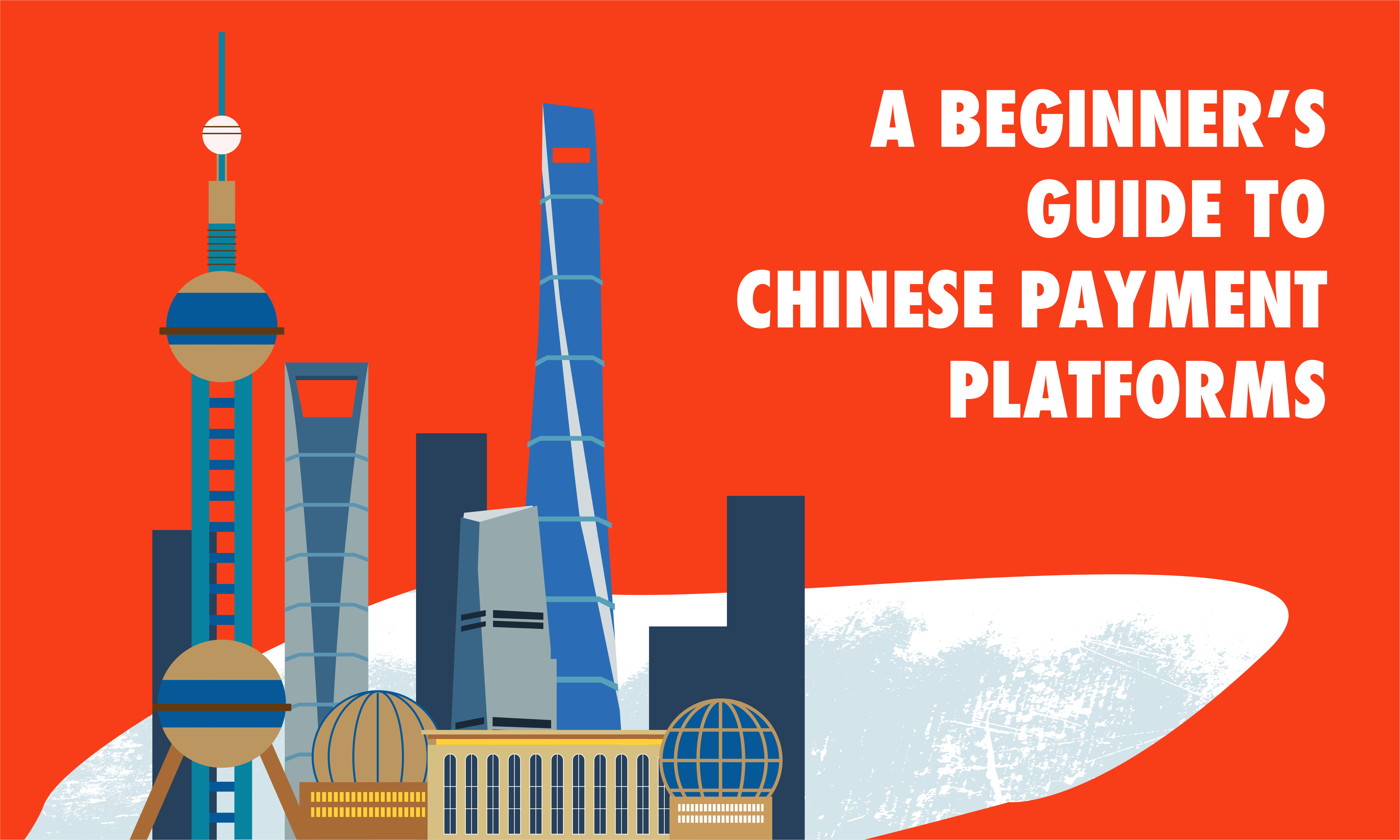
A Beginner’s Guide to Chinese Payment Platforms
Time to read: 2 minutes
Cross-border ecommerce has, without a doubt, made entering the Chinese market easier than it’s ever been before by allowing you to sell your products on various CBEC platforms without ever needing a legal Chinese entity.
Now, while not having a legal entity (or bank account) in China may seem challenging at first, you can rest easy knowing that Chinese cross-border payment portals have almost completely resolved this issue.
Here’s how.
Chinese ecommerce consumers generally browse several CBEC platforms before purchasing a product through a single overarching marketplace checkout system. Unlike most Western markets, however, Visa and Mastercard are not particularly popular methods of payment. Instead, Chinese ecommerce consumers generally opt for third-party payment platforms, such as Alipay, Tenpay and UnionPay. Most of those services are completely integrated with the available CBEC platforms and act as transaction intermediaries.
Just like Paypal; Alipay, Tenpay and Unionpay are payment platforms where the customer and vendor’s online payment accounts are linked to their respective bank accounts. With the Chinese payment platforms, however, payments are not carried out via instant cash transfers like with Paypal, but through escrow payments. In other words, after purchasing a product, the Chinese customer’s payment is put in an escrow account held by one of the third-party payment systems. Only after the customer confirms the delivery of the product would the payment be released to the vendor.
One of the key benefits of those Chinese payment platforms is allowing Chinese ecommerce consumers to pay in their own currency (the RMB) and for vendors to receive the sum in their own currency (after it’s been converted) without a Chinese bank account.
Here’s a brief comparison between China’s top CBEC payment platforms.
Alipay
As Alibaba’s proprietary online payment system, Alipay has the largest market share among all third-party online payment platforms in China.
Settlement Mode (from official website)
Settlement per amount: when the to-be-settled amount reaches or exceeds 5000USD (the lower limit), the total amount of to-be-settled fund will be transferred to the receiving bank account of the merchant.
Alipay will take care of the remittance fee of the settlement bank and the merchant is responsible for any processing fee charged by the intermediary bank and the receiving bank.
Standard Cost (from official website)
- If the total transaction volume of the preceding calendar month is less than 1 million RMB, the applicable rate of the current calendar month will be 2.2%.
- If the total transaction volume of the preceding calendar month amounts to or exceeds 1 million RMB but less than 3 million RMB, the applicable rate of the current calendar month will be 2%.
- If the total transaction volume of the preceding month amounts to or exceeds 3 million RMB but less than 10 million RMB, the applicable rate of the current calendar month will be 1.8%.
- If Transaction Value of the preceding calendar month amounts to or exceeds 10 million RMB, the applicable rate of the current calendar month will be 1.6%.
Application: https://global.alipay.com/ospay/home.htm
Tenpay
Launched by internet giant Tencent, Tenpay is often used by Chinese ecommerce conusmers to checkout at major CBEC platforms, such as JD Worldwide. In terms of mobile payments, Tenpay’s payment portal WeChat Pay is also the most popular amongst Chinese CBEC consumers.
For more information on WeChat Pay’s fees, visit https://pay.weixin.qq.com/wechatpay_guide/help_faq.shtml.
Unionmobile Pay
A third-party service provider specializing in cross-border ecommerce payment solutions, UMP is certified by the Chinese government and carries out payment settlements within 1 to 3 days to companies from all over the world.